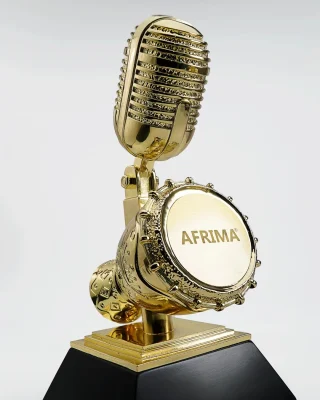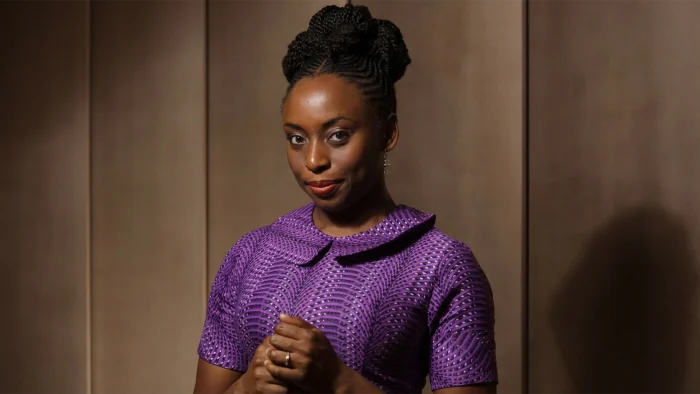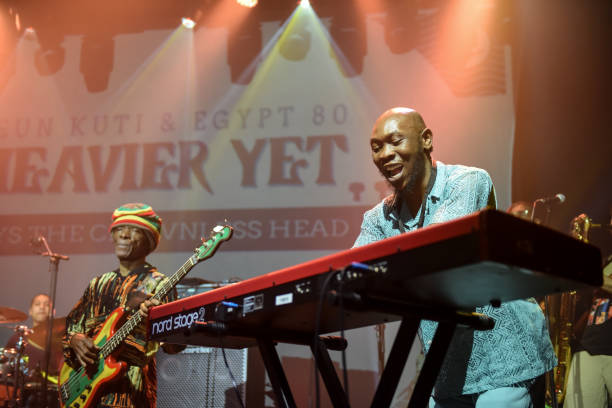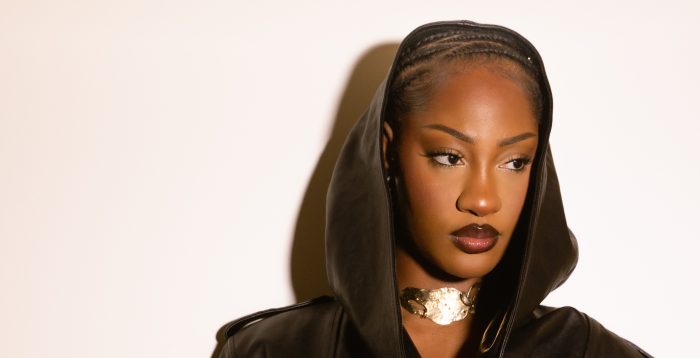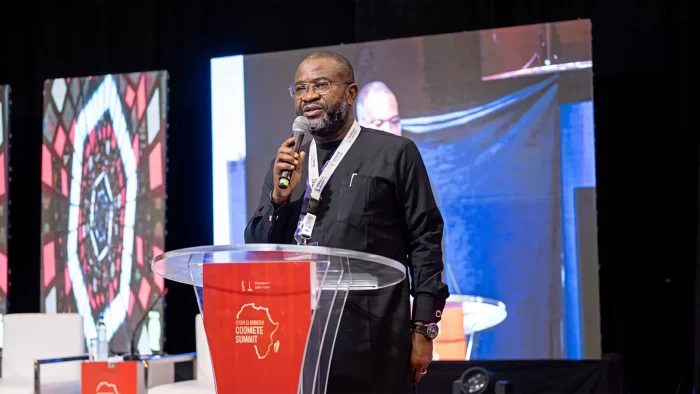Fela, wetin you go sing about?
DEM GO WORRY ME…
Fela Anikulapo-Kuti, one of Africa’s music legends, used music as a weapon. Having a history of being in and out of jail for speaking against the ills meted out to civilians by various military governments of the 1970s and 1980s, he was the voice of the hopeless Nigerian masses.
While the likes of Oliver d’ Coque and King Sunny Ade (KSA) sang songs to calm the already rising tension in the society, Fela became an activist with his music joining the likes of Bob Marley and Hugh Masakela. With the mention of names of people who actively drowned the resources of the state and turned the nation to their playground, he soon became a terror to the Nigerian government.
Such was Fela that the lyrics of a song he wrote right after his release from jail in 1986 to signal his return was:
Basket mouth wan start to leak again, oh-
BASKET MOUTH WAN OPEN MOUTH AGAIN, OH
Fela, wetin you go sing about?
DEM GO WORRY ME…

Sadly, Nigerian music seems to have lost its lustre with its glorification of nudity, the promotion of empty lyrics, the continuous reminder that there is big money in the musician’s “akant”, and the organisation of publicity beef stunt to promote music.
A little less than 20 years ago, the Nigerian music industry was not always like this.
The past witnessed the likes of African China (Food No Dey) and Eedris Abdulkareem (Nigeria Jaga Jaga) singing about the wrongdoings of government and, yet, standing tall. Their lyrics saw government trying to defend itself and make an effort to improve.
Sadly, Eldee’s Big Boy quickly became widespread. With Olu Maintain’s Yahooze establishing the foundation praising the illicit activity, the likes of 9ice took it a bit further by singing the praises of wealthy Nigerian internet fraudsters, labelled Yahoo boys, in his song Chache.
This Is Nigeria
A wind of change appears to be coming the way of the Nigerian music industry, thanks to Falz’s This Is Nigeria. An offensive satire, FalzTheBahdGuy captures the ills of the Nigerian society after thorough research. The song, which has gotten the attention of the international audience, has unsettled the presupposed suffering and smiling masses since its release.
Some Nigerians have argued that the hijab-wearing girls in the video are a mockery of the kidnapped Chibok and Dapchi girls. The same reproach was dished to Noble Igwe, a Nigerian celebrity who had weeks ago criticised the actions of the Yahoo boys and was branded a “stupid man”. The song is a painful reminder that the impression of Nigerians as some of the happiest people is, as stated by Fela many years ago, indeed “suffering and smiling”.
[ad]
Of course, criticisms of these types of songs mean that they are haters. Eldee explains about an interviewer who had pointed out that his ‘Big Boy’ song was a turn against his socially conscious songs, “I mean, she fell right into the category of the haters I was describing on the song, so I just move on”.
Regardless, this is a slight shift from the regular “if you no get money hide your face” made popular by the Lagos-based musician, Small Doctor. Sung across various platforms, it has become a slang that is embedded in the psyche of the average Nigerian. In a society that ranks as the 148th most corrupt nation in the world and the 3rd highest bribe-collecting nation, it is needless to state that lyrics such as this, largely, promote the penchant of the average Nigerian man for bribery.
[related ids=”578247″]
One can argue that Falz’s This Is Nigeria is not well received because it is not by an American such as Donald Glover, whose ‘This Is America’ addressed the struggles of African Americans in the United States.
One can also argue that Glover’s society allows him to express himself but not Nigeria where you have to wary about religious and political sensitivities. An example of such is the recent call by Muslim Rights Concern (MURIC) to take down Falz’s video from the airwaves on the argument that the hijab-wearing dancers do not rightly depict the abducted Chibok and Dapchi girls.
A unique feature of the response to Falz’s video is the reaction of his fellow Nigerian artistes who it appeared had to wait until after Diddy, the US music producer and rapper, had endorsed it by uploading it to his Instagram account before they threw their weight behind one of their own.
One can also argue that a Nigerian needs to be protected by a powerful authority in a society that has consistently proven that there are some that are above the law, as depicted in Falz’s video where a highly placed man offers a bribe to security operatives in order to keep his son out of jail.
Falz, the son of a prominent lawyer, Femi Falana, might get the same preferential treatment for fear of his father’s lawsuit. Yet, we must realise that there is a need to sing songs that will outlive their makers, sing without fear of captivity, and a need to ask questions like Eldee admits to asking himself, “How can I care so much about the plight of my people and at the same time promote oppression and materialism?”
[ad unit=2]


